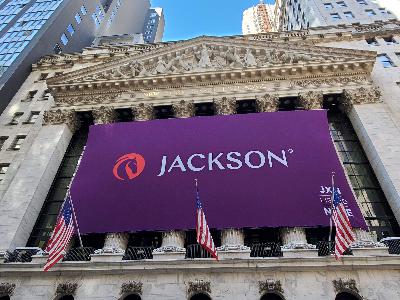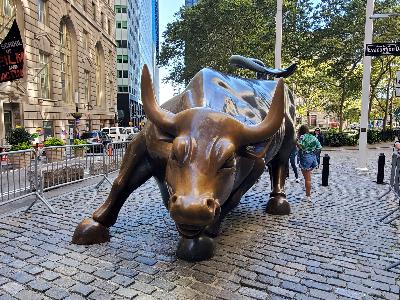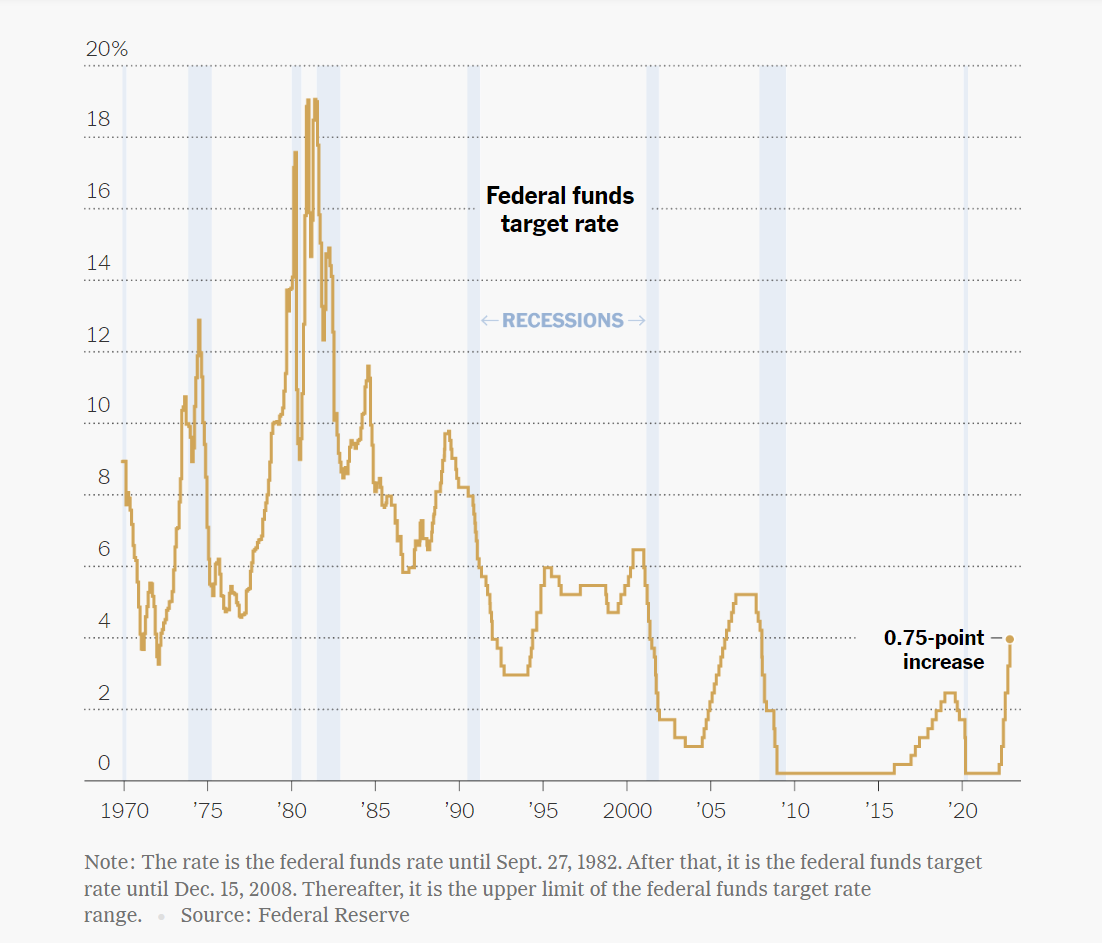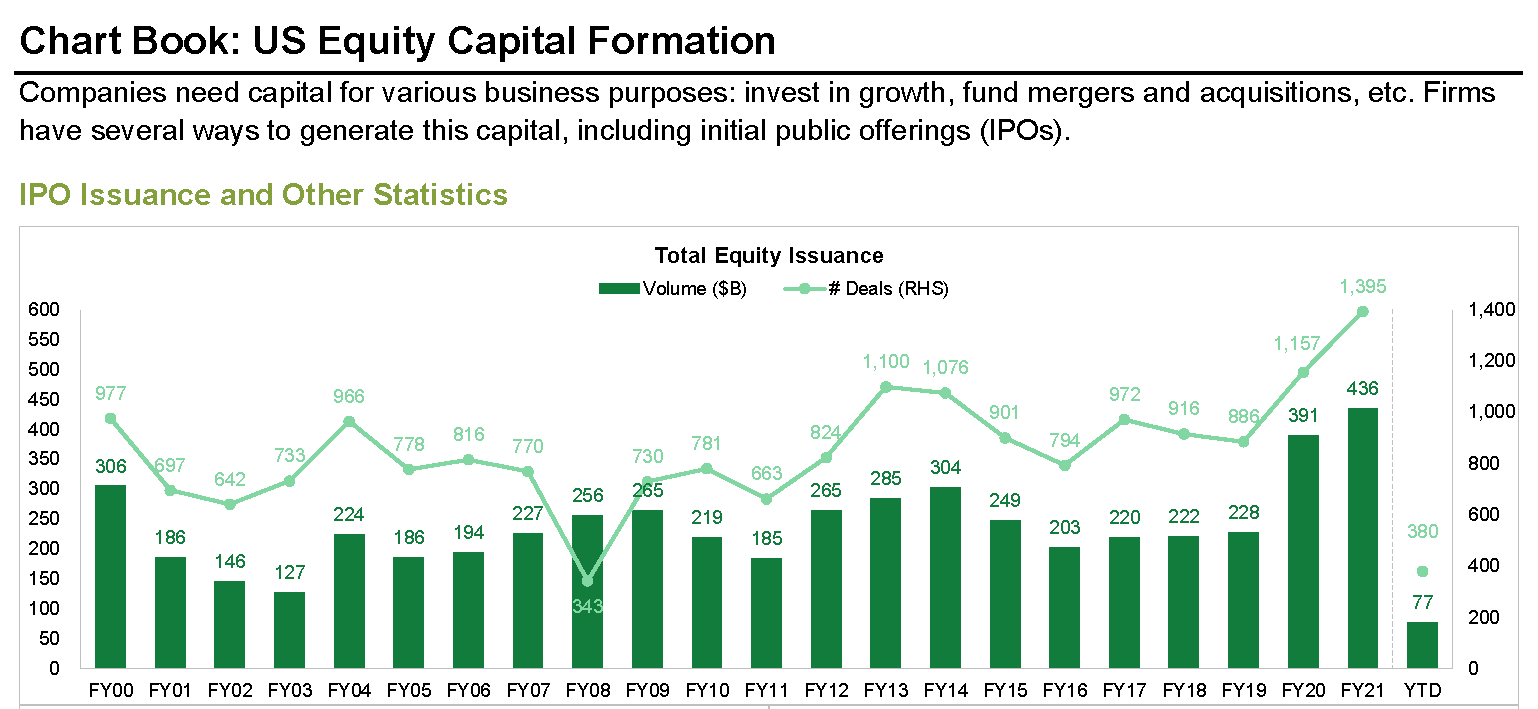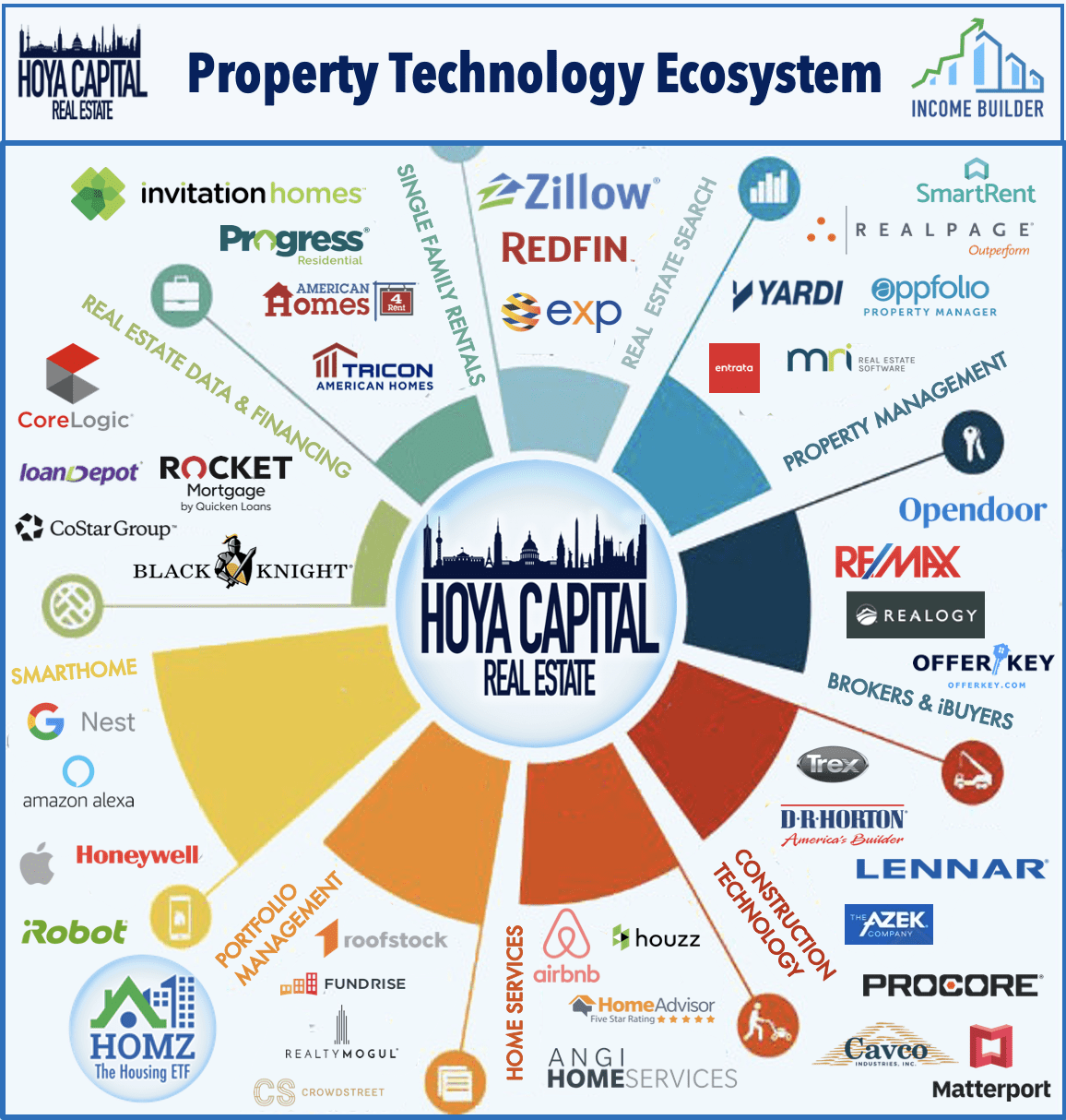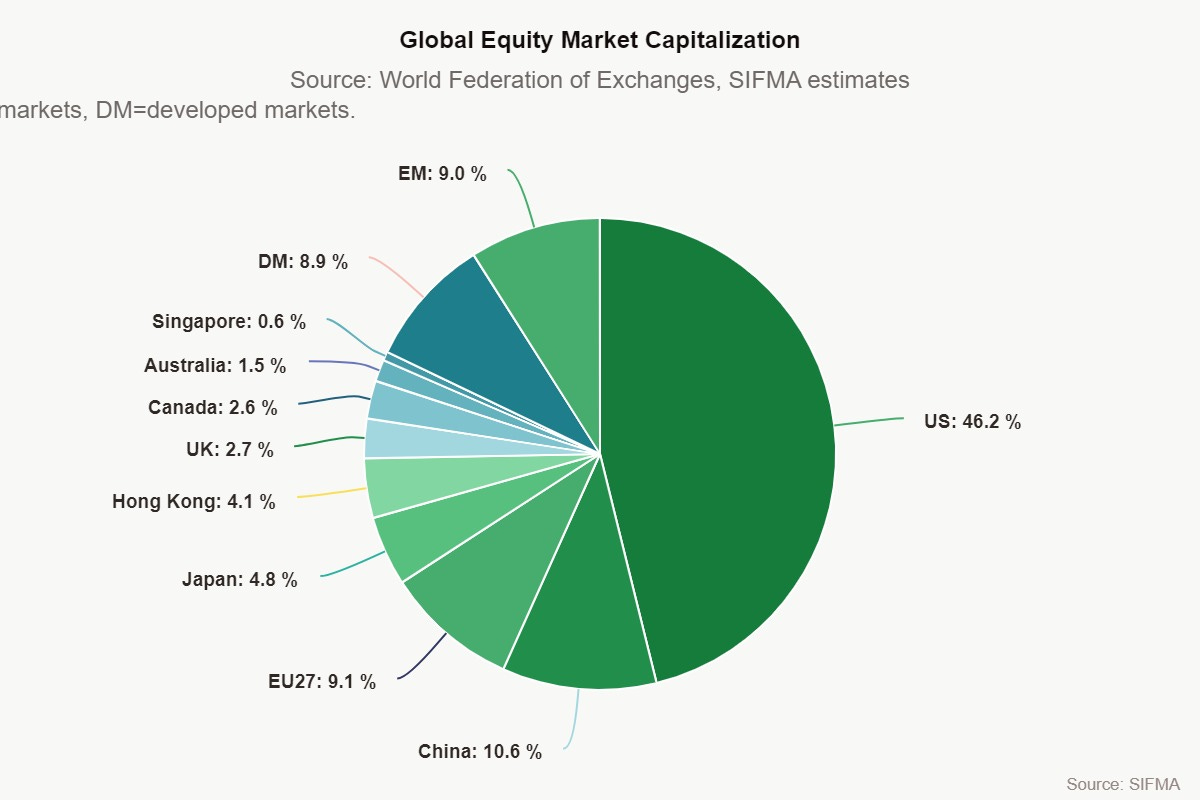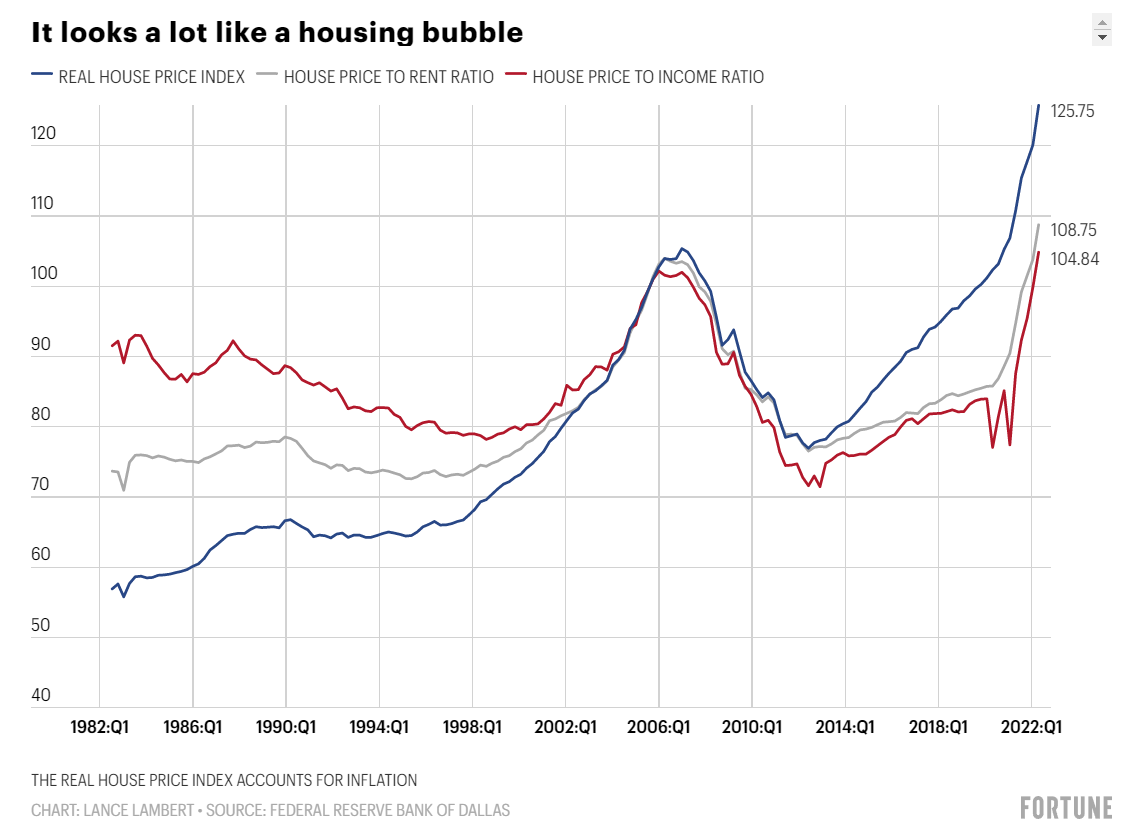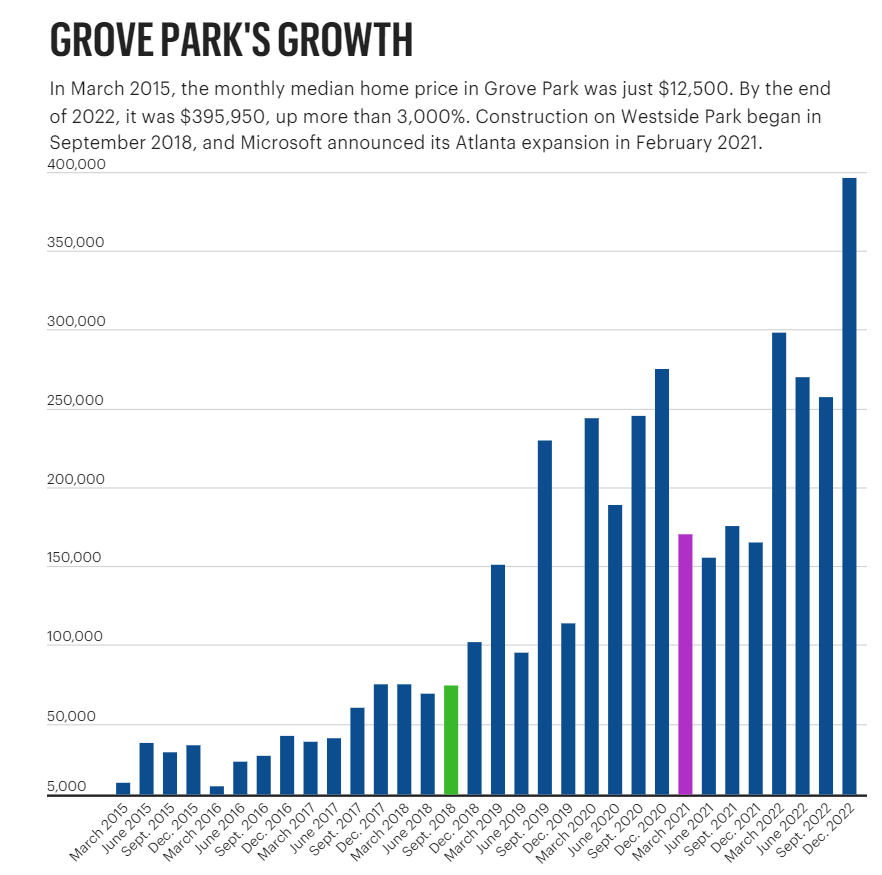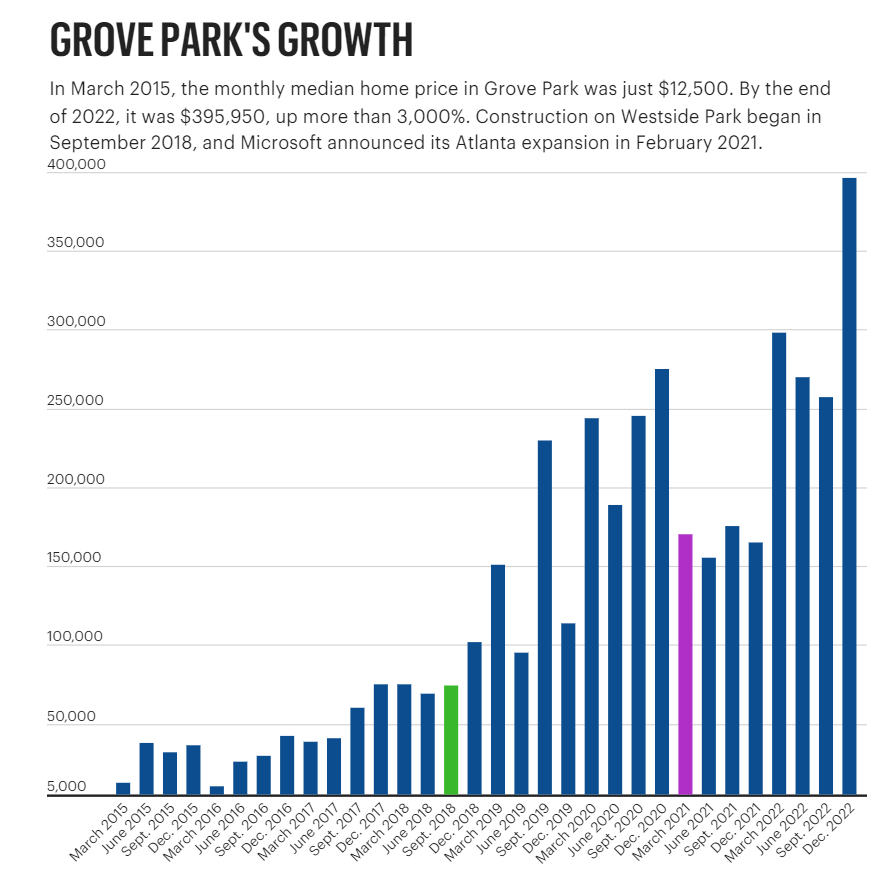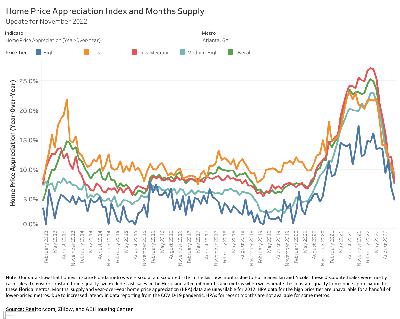Building Equity via Public Companies
Description
This segment first appeared in the 12/30/22 episode of the Atlanta Real Estate Report…
Discussion Outline
* What defines a “public” company?
* They go from private to public via an Initial Public Offering (IPO)
* Securities trade in the public markets (NYSE, NASDAQ)
* Business and financial information disclosed to the public on a regular basis
* Ways to invest in publicly traded companies
* Stocks = Equity = Owner = Wealth Creation
* Bonds = Debt = Creditor = Income Generation
* Derivatives (options & futures) — hedging, speculation and income generation
* Investing vs. Trading (own vs rent; local vs tourist)
* Many people own public companies directly in the form of individual stocks and/or participate indirectly via ETFs, mutual funds and 401k plans
* Typically, larger than private companies
* Regional, national or international footprint
* Private companies tend to be local, especially in the residential RE space
* Continuous and real time “price discovery” while the markets are open
* Subtle but important point
* Makes them highly liquid
* Contrast this to direct ownership of real property
* Highly efficient vs highly inefficient pricing (objective vs subjective)
* This is the key difference between stocks and real property!
* Stock prices are a leading indicator of…
* Economic activity at the index level (DJIA, S&P 500, etc.)
* Industry trends at the industry level (banks, home builders, etc.)
* A company’s outlook at the stock-specific level
Atlanta Real Estate Report by ATLsherpa is a reader-supported publication. To receive new posts and support my work, consider becoming a free or paid subscriber.
This is a public episode. If you would like to discuss this with other subscribers or get access to bonus episodes, visit atlantarealestate.substack.com

